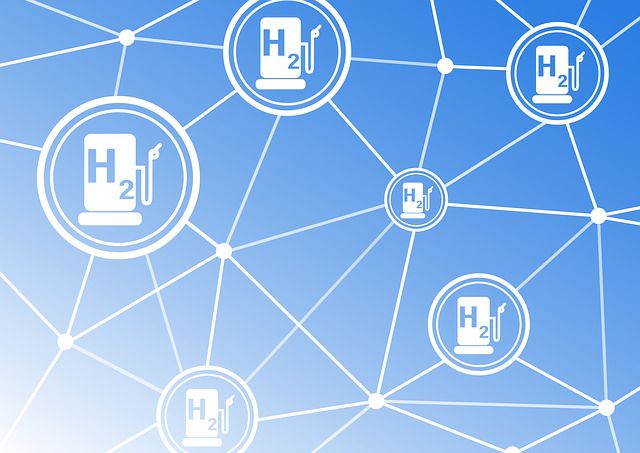A comment by Markus W. Voigt, CEO aream Group
Hydrogen has had its day even before it comes into real use - at least for powering vehicles. And that's despite the fact that hydrogen is probably the better concept. But it is like the Video 2000 system in the 1980s: It was better than VHS, but disappeared into oblivion because of the arrogance of its engineers. The hydrogen car follows this example.
Research on hydrogen-powered vehicles has been going on for years. German engineers in particular are once again at the forefront. Hydrogen is clean, powerful and could really advance the energy transition. Unlike electric cars, however, hydrogen cars have not made it from prototype to actual production vehicle. Thus, a good idea fails and the triumph of battery cars can no longer be stopped.
The analogies to the early systems of video storage and playback are unmistakable: The Video 2000 format developed in Germany was a technological leader. But the refusal of engineers to bring the product into widespread cost-effective use quickly limited its market share. In contrast, the much inferior VHS system developed in Japan was licensed cheaply so that anyone could build a VCR. The triumph of the VHS cassette was about the masses, not about quality.
It's similar now with hydrogen: Great technology, but it wasn't marketed. E-mobility is completely different: electric car pioneer Tesla is building its own network of thousands of charging stations, and government subsidy programs and industrial initiatives are further improving the charging infrastructure. This is reaching the masses. By contrast, the selection of hydrogen refueling stations in Germany remains at less than 100, and there are just around 1,300 worldwide. No wonder no one buys a hydrogen car.
This is not good news for the climate or the environment. It is true that electric cars are emission-free and, if the electricity to power them comes from renewable sources, are virtually climate-neutral. But the storage medium, the battery, has to be produced at a fairly high cost in terms of resources. By contrast, the hydrogen in vehicles is stored in the tank, which consumes hardly any resources.
Nevertheless, hydrogen has lost the battle for the car. But it will win the battle for industrial use. Batteries on that scale are too expensive, and new power lines would have to be built first - this could take time, given the resistance to existing power lines. An industrial hydrogen infrastructure already exists, many industrial plants are connected and storage in tanks or caverns is also already possible – therefore, a large new market will emerge here. But one thing remains clear: More and more green electricity will be needed for e-mobility, and much more for the ramp-up of the hydrogen economy in industry - and renewables will definitely be among the winners.
PRESSEKONTAKT:
Leandra Kiebach
T: +49 (0)211 30 20 60 4-2
E: lk@aream.de
